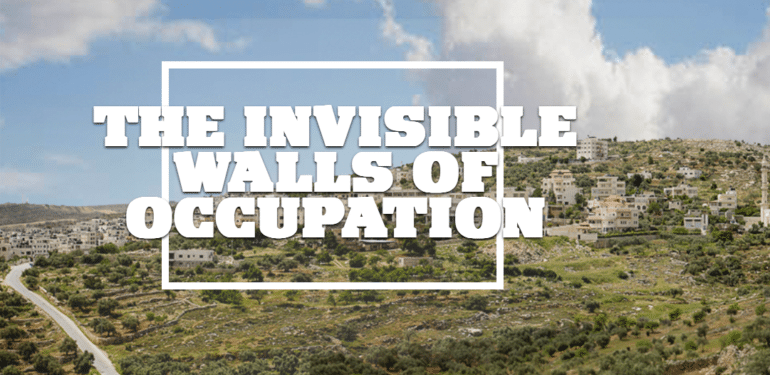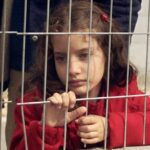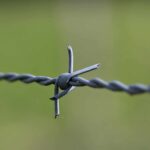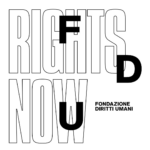Tratto da B’Tselem, via Q Code Mag
“The interactive documentary about the Palestinian village of Burqah is based on B’Tselem’s report The Invisible Walls of Occupation. The report tells the story of this perfectly ordinary West Bank village because its very ordinariness illustrates what life is like for Palestinians living under Israeli occupation. While news reports regularly address violent incidents in the Occupied Territories, we rarely get a glimpse of the everyday reality of life under occupation and how it impacts all aspects of Palestinians’ lives.
As a human rights organization, B’Tselem publishes comprehensive reports about human rights violations in the West Bank and the Gaza Strip. While statistics and legal facts may sometimes seem rather dry, they tell of actual people. Here, we offer you a unique opportunity to meet these flesh-and-blood people. The present project allows you to wander through a Palestinian village, meet its inhabitants, and hear them describe their lives and the impact of the occupation. We hope that this visit will be an incentive to join the fight against the occupation.”
“The interactive documentary about the Palestinian village of Burqah is based on B’Tselem’s report The Invisible Walls of Occupation. The report tells the story of this perfectly ordinary West Bank village because its very ordinariness illustrates what life is like for Palestinians living under Israeli occupation. While news reports regularly address violent incidents in the Occupied Territories, we rarely get a glimpse of the everyday reality of life under occupation and how it impacts all aspects of Palestinians’ lives.
As a human rights organization, B’Tselem publishes comprehensive reports about human rights violations in the West Bank and the Gaza Strip. While statistics and legal facts may sometimes seem rather dry, they tell of actual people. Here, we offer you a unique opportunity to meet these flesh-and-blood people. The present project allows you to wander through a Palestinian village, meet its inhabitants, and hear them describe their lives and the impact of the occupation. We hope that this visit will be an incentive to join the fight against the occupation.”





